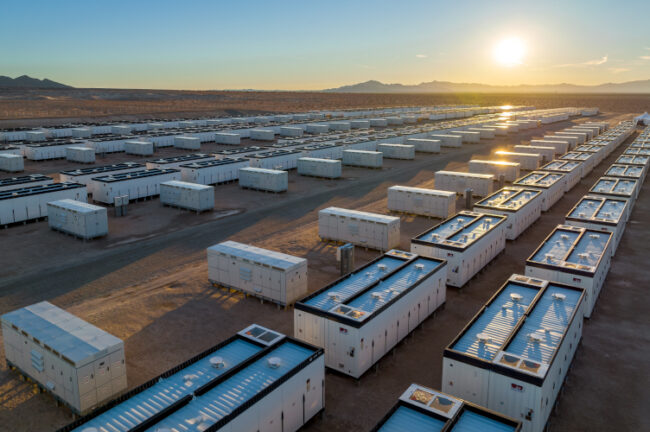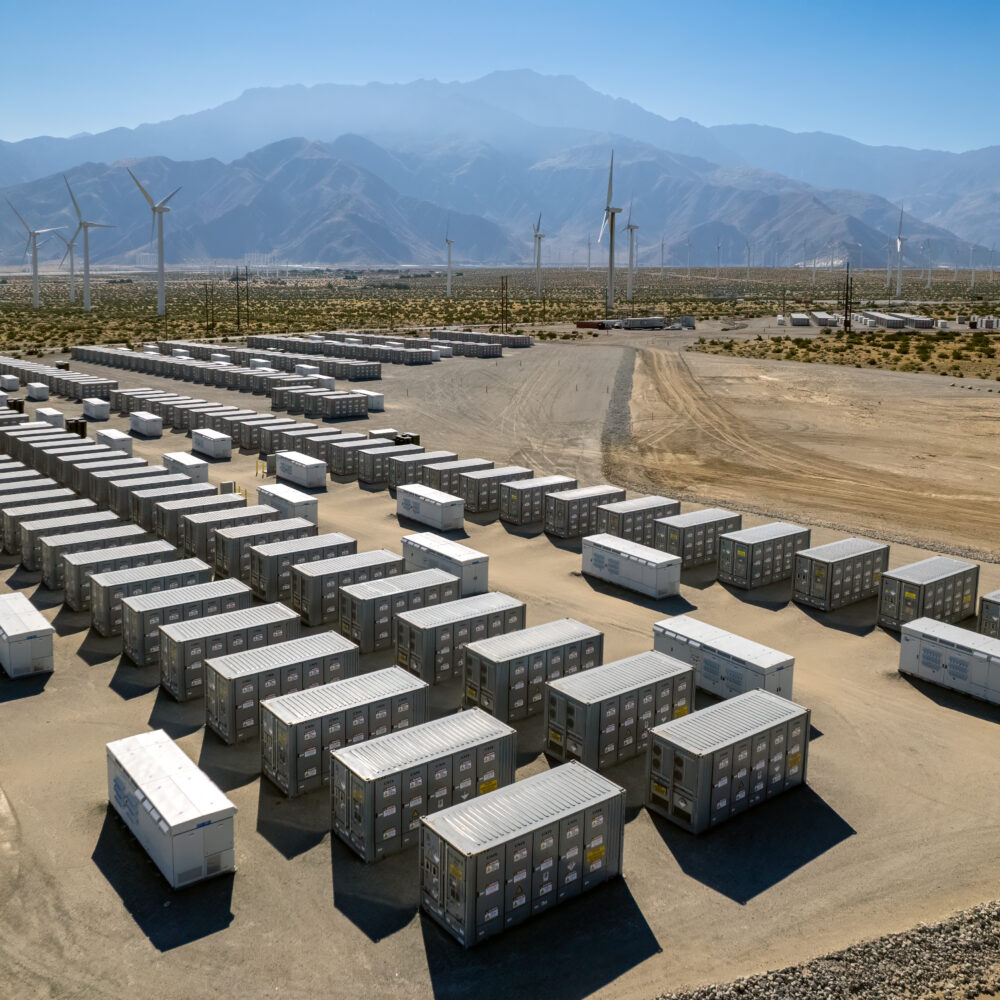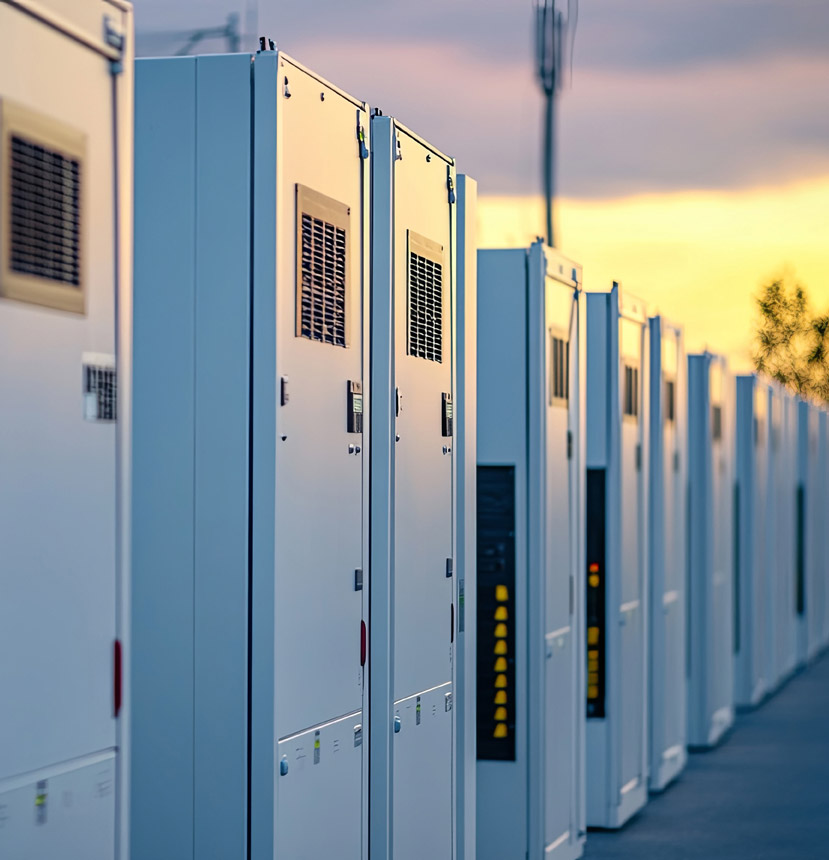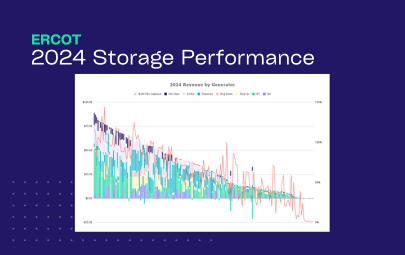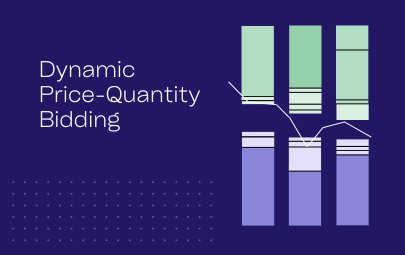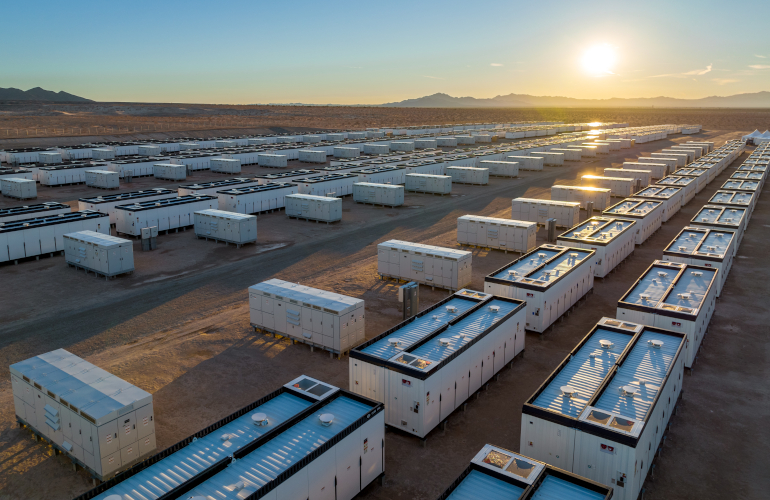While working to get your battery energy storage system (BESS) online in ERCOT, you’re likely to come across a few entities with seemingly similar roles: QSE, QSE Agent, and Optimizer. Understanding how these functions differ and interact can help as you build a smooth, efficient operational stack.
Here’s a quick breakdown of who does what.

Qualified Scheduling Entity (QSE)
A Qualified Scheduling Entity (QSE) is a Market Participant that has gone through a series of applications and testing, qualifying them to communicate directly with ERCOT on behalf of Resource Entities and Load Serving Entities (LSEs).
For energy storage systems, the QSE:
- Facilitates the submission of bids and offers to ERCOT (based on the operator’s directions or optimizer’s plan)
- Sends live telemetry data (like state of charge, real-time output, etc.) on your asset’s behalf
- Handles settlements — receiving and reconciling payments and charges from ERCOT, which comes with collateral requirements
Resource owners are required to designate a QSE before their asset can enter the market, and that QSE must formally accept responsibility for the resource’s market transactions.
Learn more about what to look for when selecting a QSE partner >>
QSE Agent
A QSE Agent — technically called a Data Agent-Only QSE — exists to provide more flexibility in how market participants interact with ERCOT, particularly around data communication. Introduced through NPRR755, this role allows an entity to connect to the ERCOT Wide Area Network (WAN) and exchange operational data without needing to meet the full financial and compliance requirements of a traditional QSE.
Key differences:
- A QSE Agent cannot operate independently; they must be explicitly authorized by a fully-qualified QSE through a formal agency agreement.
- Their role is limited to the exchange of data with ERCOT via WAN – including ICCP data, Resource-Specific XML data, and voice communications.
- QSE Agents are exempt from credit, banking, and settlement requirements, meaning they are not authorized to settle payments or bear the financial responsibility of a QSE.
This can be helpful for storage asset owners that want the control of being their own QSE, without the burden of installing WAN and managing the ongoing communication and 24/7 troubleshooting requirements.
Optimizer: The Brains Behind the Strategy
While the QSE and QSE Agent are responsible for communication and compliance, the optimizer is responsible for performance.
The optimizer:
- Ingests asset telemetry data from the QSE, along with live market data, and price forecasts
- Builds and updates operating strategies in real time
- Pushes operating plans to the QSE or QSE Agent for submission to ERCOT
The optimizer doesn’t communicate with ERCOT directly — it relies on the QSE/QSE Agent to relay its recommended dispatch plans, bid offer curves, or ancillary service offers. But it plays a pivotal role in ensuring that what gets submitted is informed, intelligent, and revenue-maximizing.
